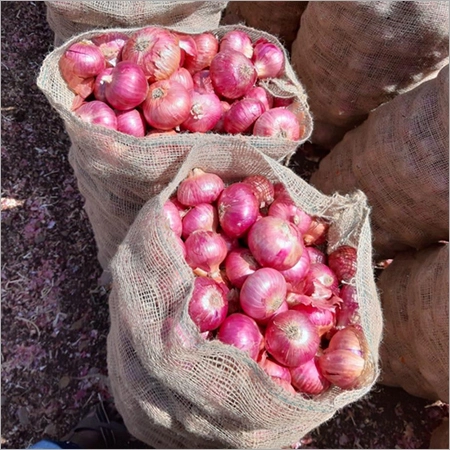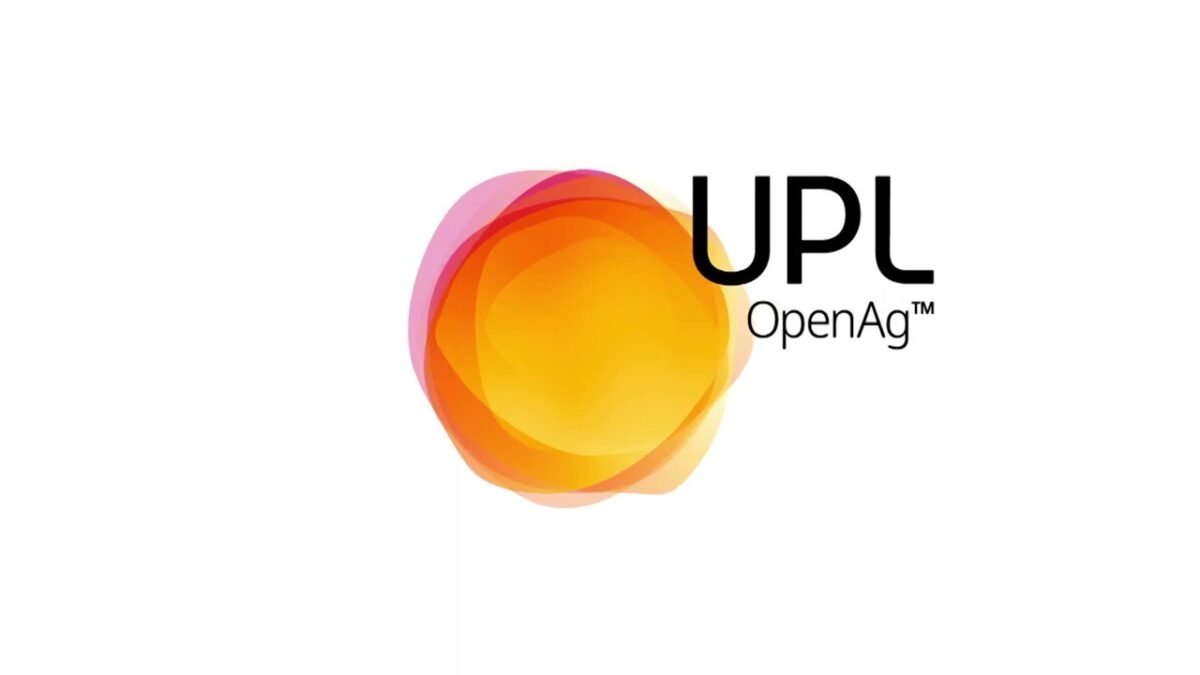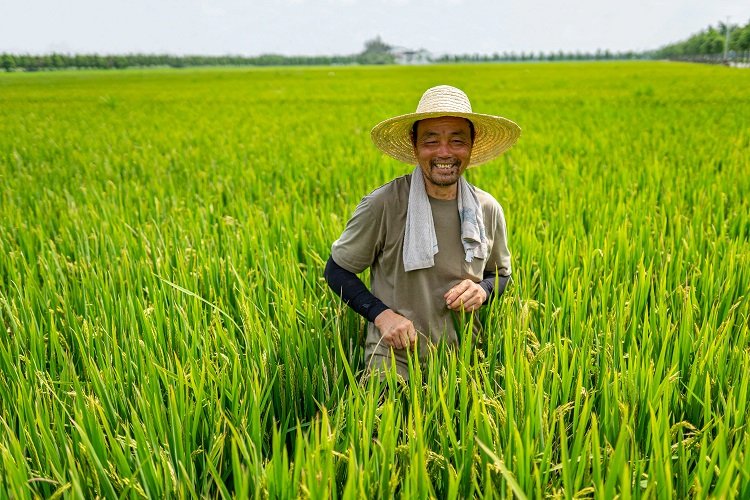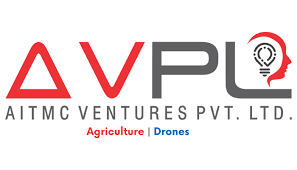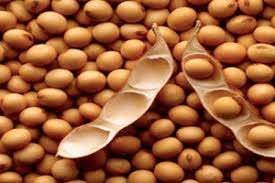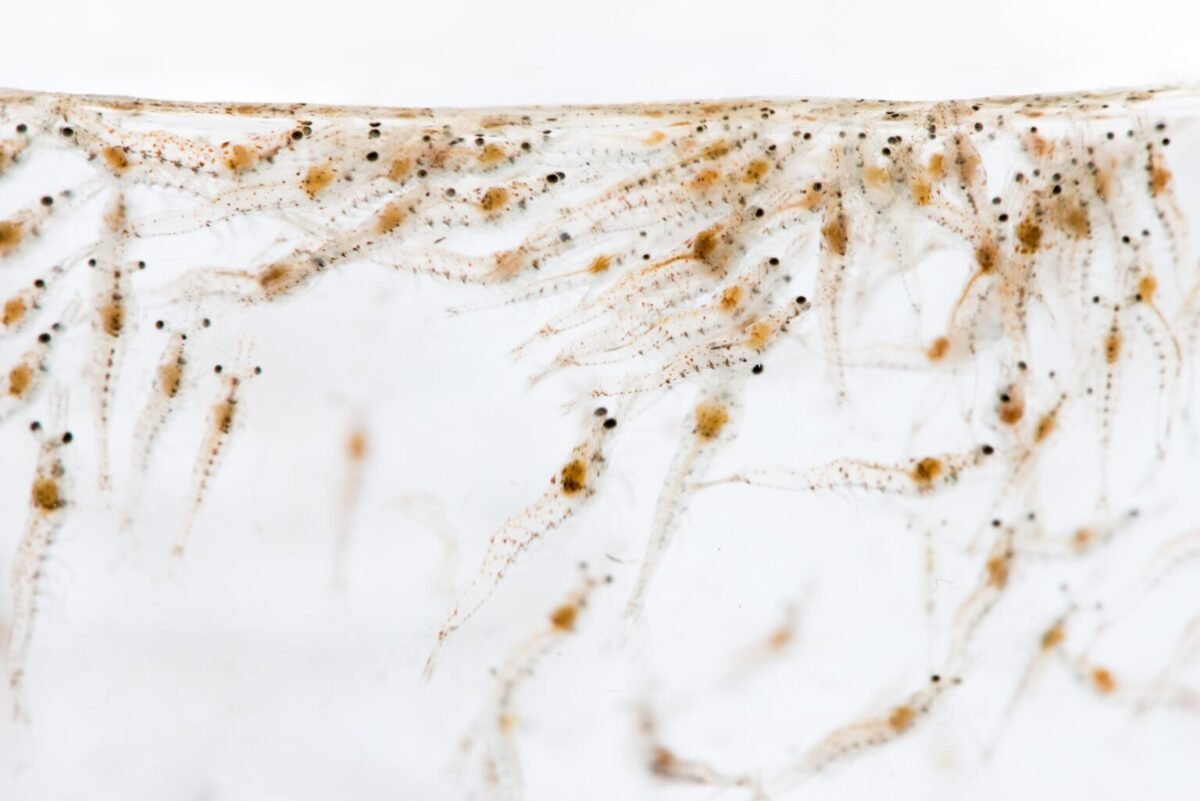Centre’s intervention on onion Minimum Export Price arrests price rise in domestic markets
Buffer stock sale and additional procurement to further keep prices under control.
Government of India’s decision to impose Minimum Export Price of US$ 800 per Metric Ton on onion with effect from October 29, 2023 till December 31, 2023 to discourage exports and maintain availability in domestic markets has shown an immediate impact of price correction in Maharashtra markets, where prices recorded a decline of 5 to 9 per cent from the highest price registered during last week. The weighted average price of onion in Maharashtra across all the markets has declined by 4.5 per cent and similar decline was observed in consumption centers as well.
The Department of Consumer Affairs is monitoring onion exports and prices on daily basis to ensure stable domestic prices and availability to consumers. In view of increasing demand in the month of November, Department has started releasing onion buffer stock into the market both through mandi sale and discounted sale to retail consumers at centers of high prices. This includes retail sale through 685 Mobile retail outlets covering over 170 cities. National Agricultural Cooperative Marketing Federation of India Ltd (NAFED) and National Cooperative Consumers’ Federation of India (NCCF) have also started procuring additional 2 Lakh Metric Tons (LMT) onion of kharif harvest to be distributed in high price centers to keep the onion prices under control and consumers interest is protected.
Buffer stock sale and additional procurement to

